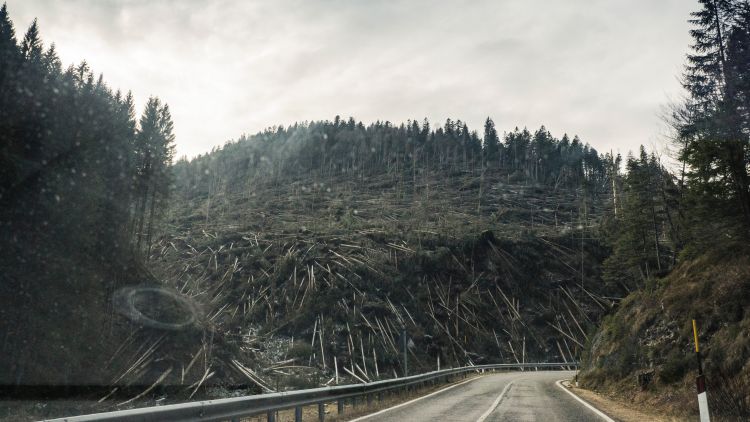Being Natural

What of nature survives the influence of ‘man’? (Francesco Paggiaro/Pexels)
We often speak about things being ‘natural’ or ‘more natural’ than other things. But what does this claim amount to? What does it mean to be natural?
Natural kinds
The concept of natural kind may be of service to us.
Something is of a natural kind if it can be grouped according to the structure of the natural world. The natural world can be ‘carved at the joints’ (Plato). Good theories, then, cut nature along these joints. Physics, for example, has it that electrons (meat) belong to the natural kind of fundamental particles.
Not so fast
However, human beings have blurred the boundaries of naturalness; for our actions and nature are in a constant interplay. At what point should something be considered artificial or arbitrary instead of natural?
Given our inquisitive and creative ways, we have used technology to synthesise vitamin C and new chemical elements (e.g., einsteinium [Es]). We have created ideal conditions for viruses (e.g., COVID-19) to spread globally—a virus which mutates via us. And while plants (e.g., GMO foods) can be grown from natural resources and share biological attributes with ‘wild’ flora, we have manipulated their DNA.
Are none of these examples natural in your eyes?
Philosophy to the rescue?
It’s tempting to think that only mind-independent things, entirely free of human involvement, are natural. But this approach eliminates a lot. Perhaps some metaphysics and philosophy of science can help us tighten up the definition.
For David Lewis there are ‘perfectly natural’ properties, like those described in physics and laws of nature; they are fundamental, simple, and intrinsic. But less-than-perfectly-natural things also exhibit degrees of naturalness; they are just more complex and abundant.
A more-liberal conception of naturalness is available in the work of Quine, whose natural kinds merely share natural properties. The scope of these natural kinds, however, is liable to becoming enormous. For example, if liquid is a natural kind, we haven’t exactly carved nature at the joints; a huge number of items fit this description.
Of course, philosophy didn’t rescue us.
A helpful concept here is social construction.
Humans causally construct things (e.g., money) which are real but whose existences aren’t inevitable; for they are contingent on human decision-making. They are not natural but social kinds.
But we also constitutively construct things. These are things which necessarily stand in relations to human features and activity.
Take black and woman as two potential human kinds. Are they autonomously real, are they socially constructed, or are they both? While each is said to instantiate its own collection of biological properties, parts of their realities seem to depend on aspects of human culture, such as oppression and privilege, as well as causal factors, such as geography and gender norms.
